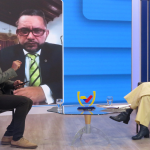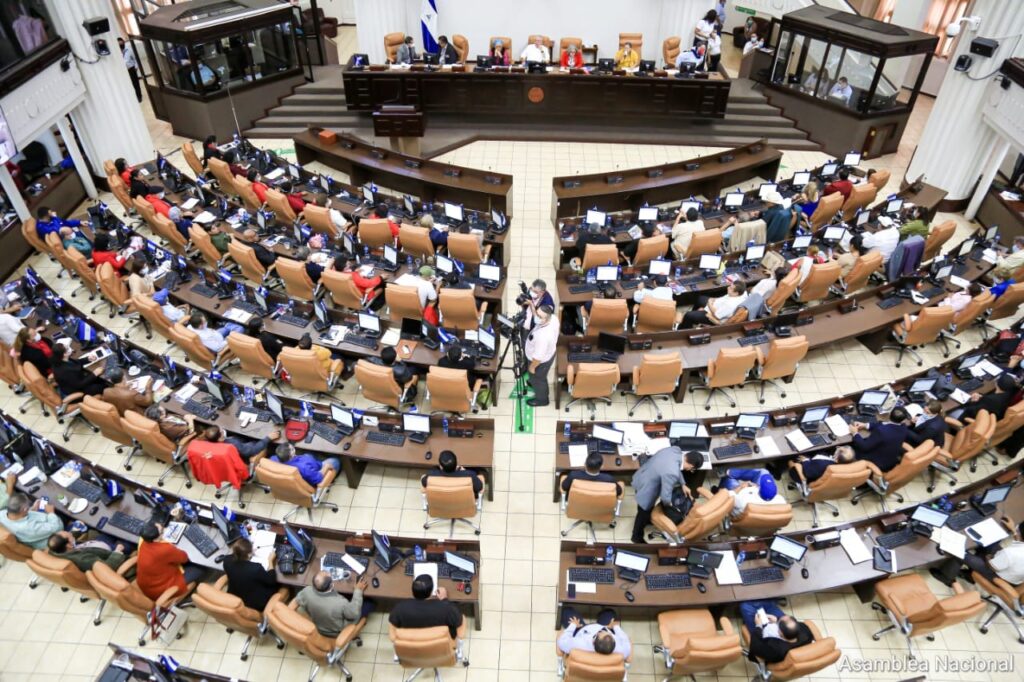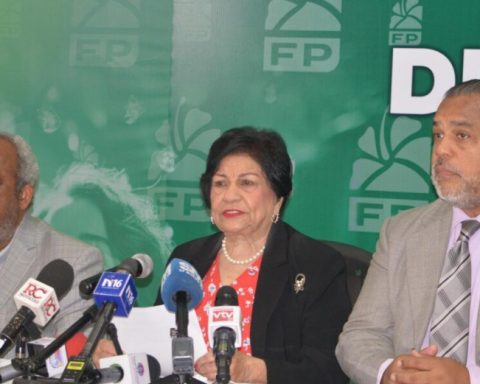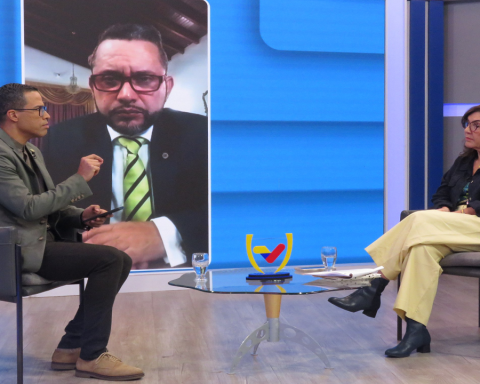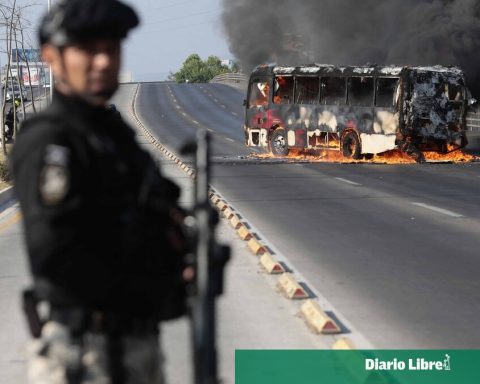Unanimously by the ministers, the plenary session of the Supreme Court of Justice of the Nation (SCJN) did not agree with the National Electoral Institute (INE), and validated the presidential decree that reduces the times with which private radio and television concessionaires cover the so-called “fiscal times” in kind.
On May 7, 2020, the INE presented the constitutional controversy 101/2020 before the Supreme Court of Justice of the Nation, against the presidential decree of April 22 of that year, which orders to reduce the so-called “fiscal times” and, consequently, the official times available to the State under the political communication model foreseen with the constitutional reform of 2007.
It is a controversy reform promoted by the president Andres Manuel Lopez Obrador in 2020, and approved by a majority of Morena and its legislative allies in Congress, through which the State returned the official times to private radio stations and television channels.
Notably the Constitution grants the INE the power to manage time that corresponds to the State in radio and television, for a minimum of 48 minutes during an electoral process and 12% of the official times during the ordinary period.
The Minister Jorge Mario Pardo Rebolledo presented to the plenary of the Court a project that proposed to validate the decree of April 23, 2020 that empowered the Secretariat of Finance and Public Credit to receive from the concessionaires of radio and television stations the payment of the corresponding tax. The project was approved unanimously by the 11 ministers.
Pardo Rebolledo argued that the Court has jurisdiction to resolve this matter because electoral laws were not challenged, but the modification of conditions for the payment in kind of the tax that must be covered by licensees for commercial use of radio and television, “and although no is not aware of its connection with electoral matters, it is estimated that whenever a direct impact on its constitutional powers is alleged and there is no means of electoral defense that the institute can assert to raise the issue, an exception is materialized that makes the constitutional controversy.
The minister referred that “the decree reduces the minutes related to fiscal times in non-electoral periods, which in itself is not considered a violation of the constitutional power of the INE, since the Constitution distinguishes between fiscal times for electoral periods and non-electoral, being that the former have a constitutional basis of 48 minutes to be administered by the autonomous body, while for the time allocated to the acting institute in non-electoral times, a percentage of up to 12% of the total time was assigned. the State has on radio and television as indicated in article 41 (constitutional). In this way, it is considered that the decree does not disrupt the constitutional basis of the 48 minutes, since the reduction of fiscal times outside of electoral processes enters.”
In his analysis, the Minister Loretta Ortiz considered that the decree “has no bearing on the powers of the INE to manage the time that has been allocated to its own purposes (of the INE) and to the exercise of the prerogatives that correspond to political parties to access radio and television according to the current model of political communication”.
The INE had argued that with this measure, fiscal transmission times are reduced from 18 to 11 minutes daily for TV channels and 35 to 21 minutes daily on radio stations. Thus, the minutes that are reduced, multiplied by the number of private concessionaires, imply that 6,034 spots will no longer be broadcast nationwide for these purposes.
The INE argued an invasion of the competences that the Institute has as the sole authority in the administration of the official times that correspond to the State on radio and television, destined for its own purposes and for the exercise of national political parties, which has as its purpose guarantee fairness in the contest, equal treatment for the dissemination of ideas and that citizens exercise their right to information on electoral politics through informed voting.








